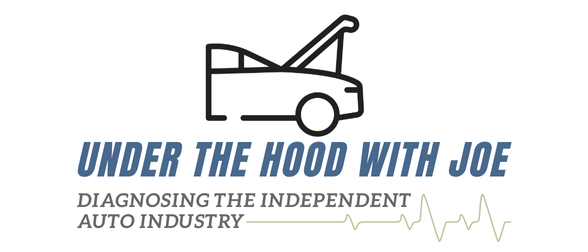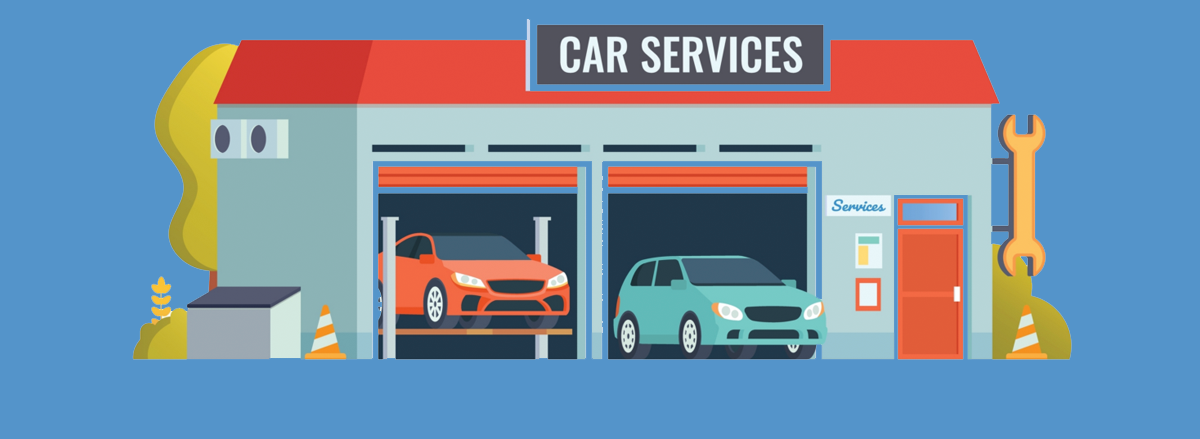Running an independent dealership in today’s market isn’t easy. You’re juggling inventory sourcing, managing sales, handling service (maybe!), keeping up with compliance, and competing against massive dealer groups – often with a lean team and tighter budget. In this environment, leveraging the right technology isn’t just a luxury; it’s crucial for survival and growth.
But wading through the sea of software options – Dealer Management Systems (DMS), Customer Relationship Management (CRM) tools, and Digital Retailing (DR) platforms – can be overwhelming. Which ones actually help streamline your operations, improve customer experience, and deliver a solid Return on Investment (ROI)?
This post will break down these key tech categories, focusing on what matters most for independent dealers like you.
1. Dealer Management System (DMS): Your Operational Engine
Think of the DMS as the central nervous system of your dealership. It handles the core operational tasks: managing inventory, structuring deals (cash, finance, BHPH), printing necessary forms, tracking costs, and often integrating basic accounting.
Why it’s Critical for Independents: Moving away from spreadsheets or outdated methods saves immense time, reduces costly errors in deal calculations and paperwork, and provides a clear view of your inventory and basic financials.
What Delivers ROI?
- Efficiency: Less time spent manually calculating deals, tracking inventory status, or pulling reports.
- Accuracy: Minimizing errors in F&I calculations, forms, and accounting.
- Integration: Connecting smoothly with VIN decoders, vehicle history reports, and your website inventory feed
- Streamlined Operations: Having inventory, sales, and accounting data in one place.
What to Look For (Independent Focus):
- Affordability & Transparent Pricing: Look for clear monthly fees without excessive add-ons or long, confusing contracts.
- Essential Features Done Well: Robust inventory management, flexible deal structuring (cash, finance, BHPH), reliable forms printing, and basic accounting are key.
- Ease of Use: An intuitive interface means less training time and faster adoption by your team.
- Cloud-Based & Mobile Access: Access your system from anywhere, on any device, often with lower upfront costs than server-based systems. Many platforms now offer mobile apps for scanning VINs or driver’s licenses.
- Good Support: When you have an issue, responsive and helpful support is invaluable.
2. Customer Relationship Management (CRM): Your Lead & Customer Navigator
A CRM helps you manage leads from all sources (website, walk-ins, calls, Facebook Marketplace, etc.), track interactions, automate follow-ups, and manage marketing communications. For independents, where every lead counts and long-term relationships matter, a CRM is vital.
Why it’s Critical for Independents: It ensures leads don’t fall through the cracks (a common issue!), helps salespeople stay organized and consistent with follow-up, allows for targeted marketing (like emailing past customers about service or trade-ins), and provides insights into sales performance.
What Delivers ROI?
- Increased Lead Conversion: Consistent, timely follow-up turns more leads into buyers.
- Improved Customer Retention: Keep track of past customers for service reminders or future vehicle needs.
- Marketing Efficiency: Targeted email or SMS campaigns are more effective and cheaper than broad advertising.
- Sales Team Accountability: Visibility into sales activities, pipeline status, and closing rates.
What to Look For (Independent Focus):
- Ease of Use: If your sales team finds it cumbersome, they won’t use it. Simplicity is key.
- Affordability: Look for clear pricing tiers that fit your budget. Some DMS platforms offer integrated CRM features, potentially saving costs.
- Core CRM Features: Lead capture and tracking, automated follow-up reminders/workflows (email & SMS are crucial), customer notes/history.
- Mobile Access: Salespeople need to update leads and check customer info on the go via a mobile app.
- Integration: Must connect seamlessly with your website lead forms and ideally, your DMS.
3. Digital Retailing (DR): Your Online Showroom Experience
Digital Retailing tools allow customers to complete more of the car-buying steps online – think calculating payments, getting a trade-in value estimate, applying for credit, or even reserving a vehicle.
Why it’s Critical for Independents: It helps you compete with larger dealerships offering online convenience, captures serious buyer intent 24/7, caters to modern shopping preferences (especially younger buyers), and can significantly streamline the in-store process when the customer arrives.
What Delivers ROI?
- Higher Quality Leads: Customers engaging with DR tools are often further down the purchase funnel.
- Increased Efficiency: Customers arrive better prepared, potentially cutting transaction times significantly (CDK Global data suggests up to 70% more deal efficiency).
- Improved Customer Satisfaction: Offering convenience, transparency, and control leads to happier customers (CDK data also shows 2x customer satisfaction). Studies like Cox Automotive’s 2023 Digitization report confirm dealers see positive impacts.
- Competitive Edge: Meeting or exceeding the online experience offered by competitors.
What to Look For (Independent Focus):
- Flexibility: You don’t have to offer everything online. Choose tools that let you enable specific steps (e.g., payment calculation, credit app) that make sense for your dealership.
- Seamless Integration: The tools should integrate smoothly with your website, CRM, and DMS to avoid data silos.
- User-Friendly Customer Interface: If it’s confusing for the customer, they won’t use it.
- Accuracy: Ensure payment calculations and trade estimates are reasonably accurate to build trust.
- Affordability: Look for DR features possibly included with your website provider or DMS/CRM, or standalone tools with clear ROI potential.
The Real ROI Secret Weapon: Integration
Having a great DMS, CRM, and DR tools is good. Having them work together seamlessly is where you unlock maximum ROI.
- A lead from your website DR tool should flow instantly into your CRM.
- Customer data from the CRM should populate the deal in your DMS without re-typing.
- Inventory from your DMS should feed accurately to your website and DR tools.
This integration saves time, eliminates double-entry errors, and gives you a complete picture of your customer and operations. Always verify integration capabilities before committing to any new software.
Making the Right Tech Choice for Your Dealership
Investing in technology is essential, but choose wisely.
- Assess Your Needs: Identify your biggest pain points. Is it lead follow-up? Deal structuring time? Online presence?
- Set a Budget: Be realistic about what you can afford, but focus on value and potential ROI, not just the lowest price.
- Prioritize: Look for ease of use, strong core features that solve your main problems, reliable customer support, and solid integration capabilities.
- Start Small: You don’t need to implement everything at once. Pick the tool that will make the biggest impact first.
By carefully selecting and integrating the right DMS, CRM, and Digital Retailing tools, independent dealers can operate more efficiently, compete more effectively, and ultimately, boost their bottom line.





